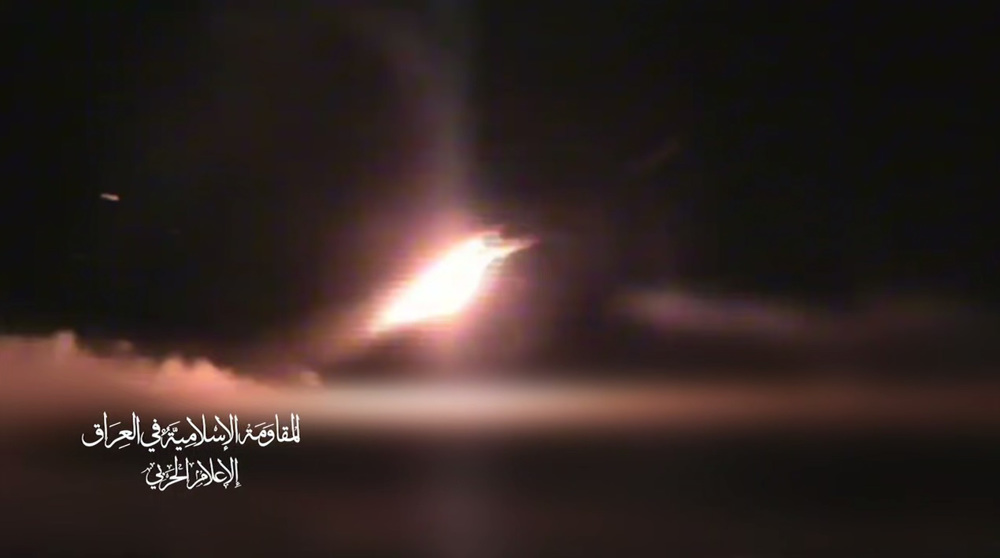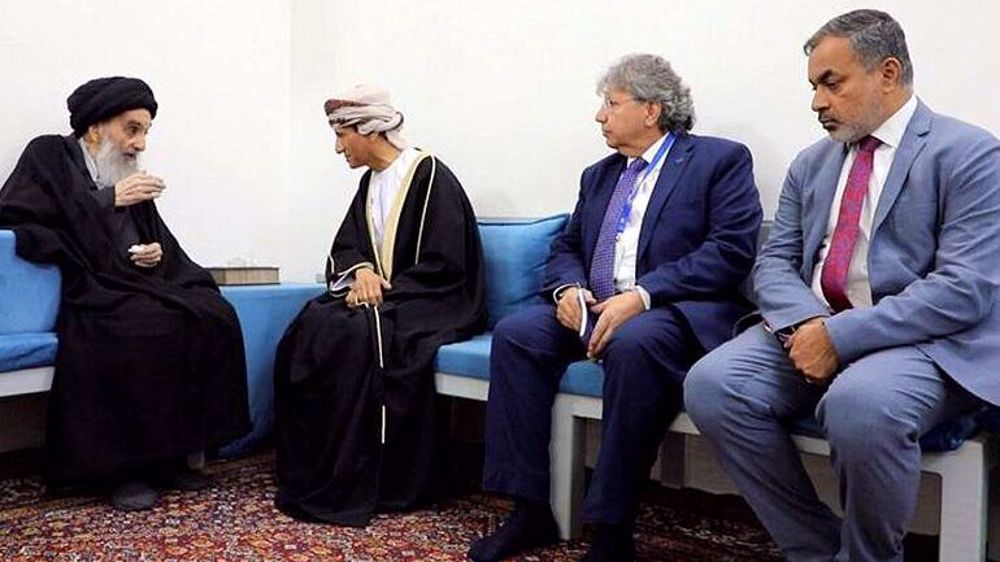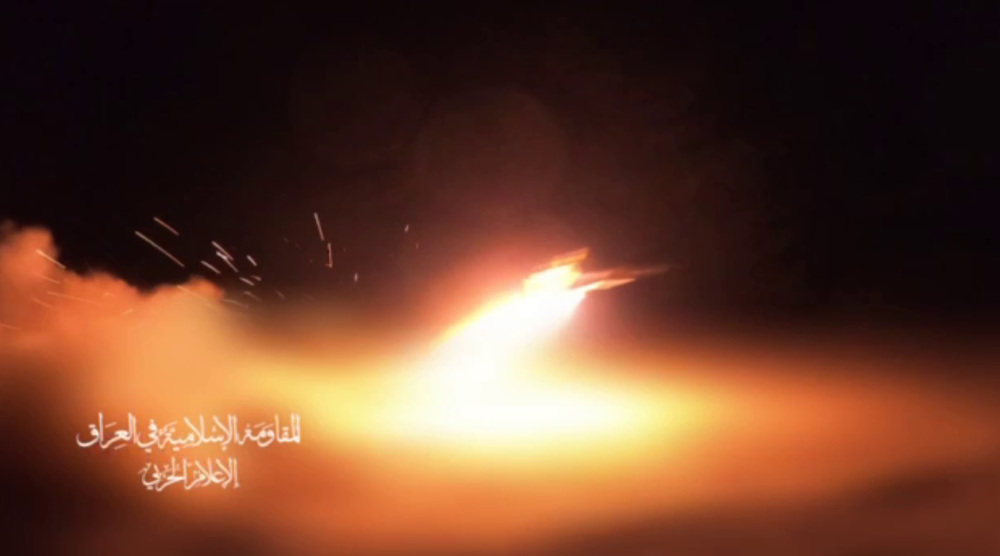Kurdish Peshmerga forces retake 12 villages in northern Iraq
Thousands of Kurdish Peshmerga forces have managed to retake 12 villages in the northern Iraqi province of Kirkuk from Daesh Takfiri terrorists, after they mounted an all-out ground offensive to drive out the militants from the oil-rich areas.
The operation was launched “from three fronts west of Kirkuk” in the early morning hours of Wednesday when some 3,500 Peshmerga fighters cleared an area of 140 square kilometers (56 square miles), said the Kurdistan Region Security Council in a statement.
The offensive was aimed at tightening the noose on the northern city of Hawija, the Daesh stronghold in the Kirkuk region, which is located 240 kilometers (150 miles) north of the capital Baghdad, and further protecting autonomous Kurdish region from Daesh attacks, the statement further said.
Jaafar Sheikh Mustafa, the commander of Peshmerga forces in Kirkuk, said that several of his soldiers lost their lives to Daesh landmines but added that none were killed “in clashes because Daesh was running away from us as we advanced.”
The commander also said that at least 40 Takfiri terrorists were killed in the operation.

Daesh leader flees to Ramadi
London-based Asharq al-Awsat newspaper reported on Tuesday that the terror group's leader Ibrahim al-Samarrai, aka Abu Bakr al-Baghdadi, has moved from the northern city of Mosul to Anbar's provincial capital city of Ramadi in the west, citing an unnamed high-ranking Iraqi military source.
Baghdadi has been living in the city since its fall in June 2014 and his relocation might be an indication that Daesh terrorist group may no longer feel the city is safe from attacks, the report further said.
On Wednesday, Kurdistan Democratic Party spokesman Saeed Mamouzini also said that “75 leaders from Daesh transferred their families from Mosul to Syria by 24 buses,” the Iraqi News online newspaper quoted him as saying.
Gruesome violence has plagued the northern and western parts of Iraq since the Daesh offensive in June 2014. The militants have been committing heinous crimes against all ethnic and religious communities in Iraq, including Shias, Sunnis, Kurds, Christians and others.
'Hello my enemies': Lebanese journalist on Israeli threats and his resolve to continue
Outrage in France as MP proposes bill to ban criticism of Israel
VIDEO | The strategy of Hezbollah in war
Israeli military withdraws several brigades from southern Lebanon: Report
48-year-old Palestinian man serving 48 life terms completes 22 years in Israeli jails
From MKO to Tondar, how Germany became safe haven for anti-Iran terror groups
Hamas open to any proposal aiming to end Gaza war: Hamdan
Role of private sector in Iran’s thriving space industry










 This makes it easy to access the Press TV website
This makes it easy to access the Press TV website